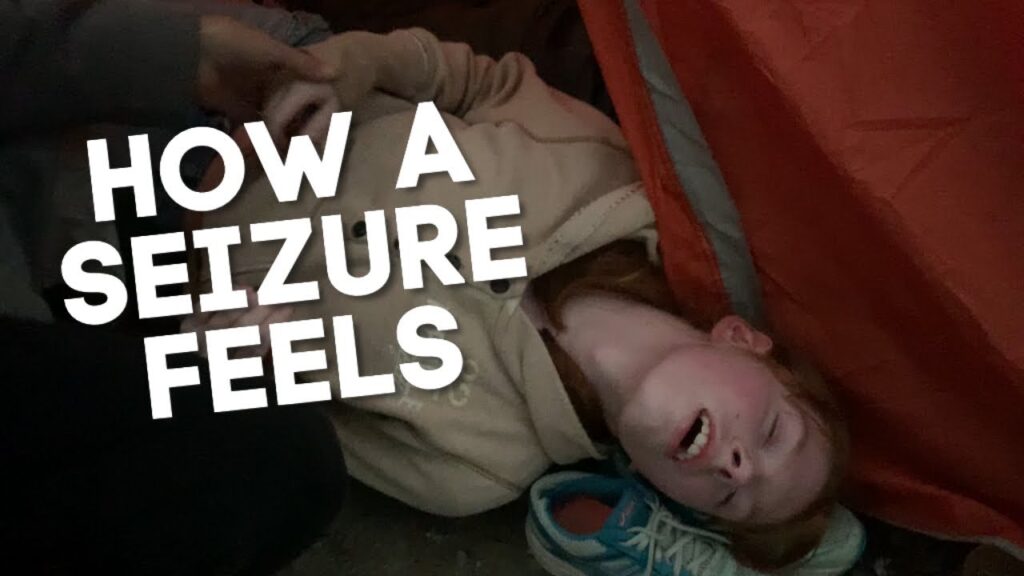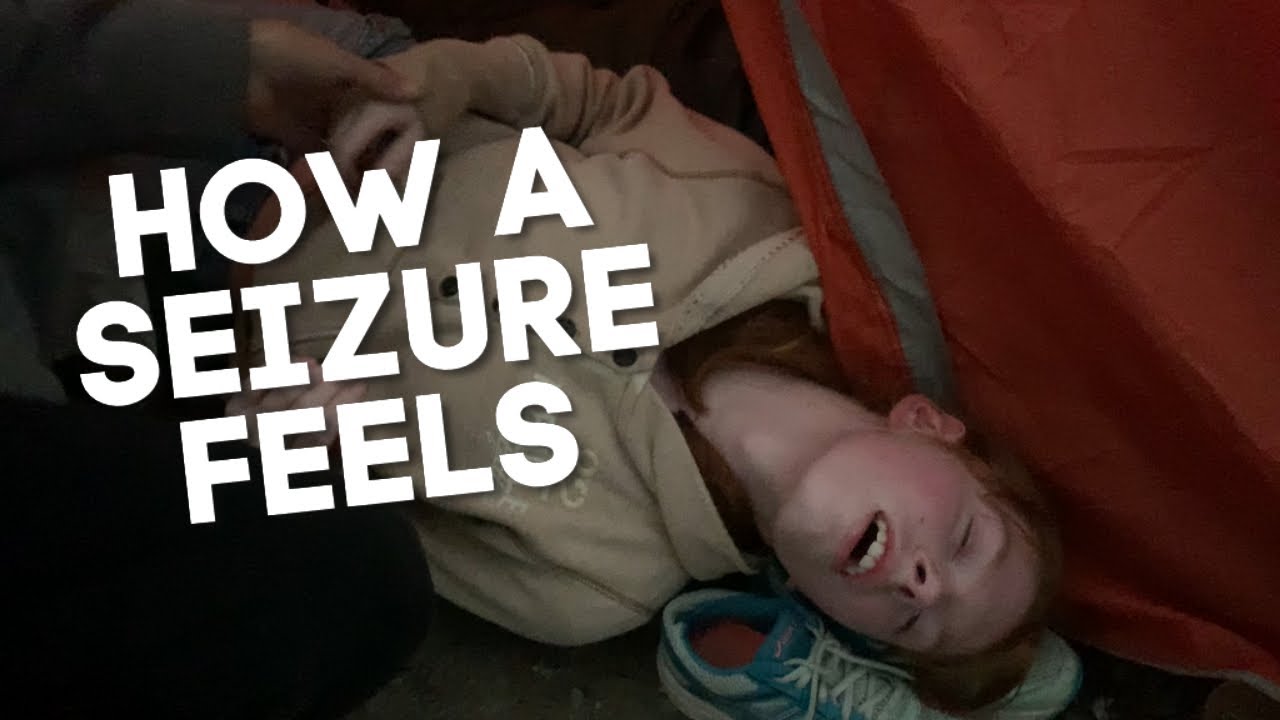Living with epilepsy requires understanding your triggers and avoiding them to minimize seizures. Here, we’ll explore seven common triggers, how they worsen seizures, and what steps you can take to live a healthier, seizure-free life. Let’s dive in!

1. Medications: Friend or Foe?
Surprisingly, anti-seizure medications can sometimes worsen seizures if they’re not suited to your specific type of epilepsy.
- Mismatched Medications:
- For generalized epilepsy (e.g., juvenile myoclonic epilepsy), certain medications like Carbamazepine or Phenytoin can aggravate seizures.
- It’s vital to ensure your medication aligns with your epilepsy type.
- Missed Doses:
Missing even one dose of anti-seizure medication is the most common seizure trigger. Consistency is key.
Tips to Stay Consistent:
- Set alarms as reminders.
- Keep medications in visible spots (like your bedside or counter).
- Carry a small supply in your bag or purse.
2. Lack of Sleep
Sleep is crucial for your brain to reset and heal. Disrupted or insufficient sleep can increase your seizure risk.
- What Happens Without Sleep:
- Poor sleep hinders the brain’s ability to regulate electrical activity, making seizures more likely.
- Conditions like sleep apnea (characterized by snoring and waking up tired) are known triggers.
Tips for Better Sleep:
- Aim for at least 8 hours of consistent nighttime sleep.
- Address disturbances like snoring or insomnia.
3. Stress: A Silent Trigger
Stress can be physical (overexertion) or psychological (anxiety or worry), both of which can worsen epilepsy.
How Stress Affects You:
- Physical stress, like working long hours or intense exercise, strains the body.
- Emotional stress triggers hormonal changes that make the brain more prone to seizures.
Stress Management Strategies:
- Practice mindfulness or meditation.
- Take regular breaks during work or strenuous activities.
4. Infections
Infections, whether viral or bacterial, can worsen seizures due to the body’s inflammatory response and increased stress.
- Common Culprits:
- Fevers accompanying infections like colds or flu can trigger seizures.
- Even COVID-19 has been linked to increased seizure activity in some individuals.
What You Can Do:
- Treat infections promptly.
- Monitor fever and use fever reducers as needed.
5. Hormonal Imbalances
For women, hormonal changes during the menstrual cycle can trigger seizures, a condition known as catamenial epilepsy.
Why It Happens:
- Fluctuations in hormones like estrogen can increase brain excitability, leading to seizures during certain phases of the cycle.
How to Manage:
- Track your menstrual cycle and seizure patterns.
- Discuss hormonal treatments with your doctor if seizures align with your cycle.
6. Alcohol
Alcohol and epilepsy are a risky combination.
- How Alcohol Affects Epilepsy:
- Excessive drinking or alcohol withdrawal can trigger seizures.
- Alcohol interacts with anti-seizure medications, reducing their effectiveness and increasing side effects.
Best Practice:
- Avoid alcohol entirely or limit it to less than three drinks on rare occasions.
7. Everyday Triggers: Diet, Dehydration, and Sensory Stimuli
- Skipping Meals or Dehydration:
- Low blood sugar from missed meals and dehydration are common seizure triggers.
- Ensure regular, balanced meals and adequate water intake.
- Caffeine and Sleep:
- While caffeine doesn’t directly cause seizures, consuming it late in the day can disrupt sleep, indirectly triggering seizures.
- Flashing Lights:
- Individuals with photosensitive epilepsy may have seizures triggered by high-frequency flashing lights.
What If Seizures Continue?
If your seizures persist despite avoiding triggers and taking at least two medications as prescribed, you may have drug-resistant epilepsy.
Advanced Treatment Options
- Surgical Treatment:
If seizures are localized to a specific brain region, surgery may offer a cure. - Implantable Devices:
- Vagus Nerve Stimulator (VNS) or Responsive Neurostimulation (RNS) devices can help manage stubborn seizures.
For more details on drug-resistant epilepsy and its treatments, visit medicaltimes.io.
Stay Empowered
Living with epilepsy doesn’t mean you have to live in fear. By understanding and avoiding these triggers, you can lead a healthier, more controlled life. Don’t hesitate to seek professional advice if seizures persist despite your best efforts.
Reference Websites:
Top 10 FAQs About Epilepsy Triggers
1. Can missing one dose of medication cause a seizure?
Yes, missing a single dose can trigger a seizure in many cases.
2. How does lack of sleep affect epilepsy?
Poor sleep disrupts brain activity and increases seizure risk.
3. Does stress always trigger seizures?
Not always, but it significantly increases the risk for many individuals with epilepsy.
4. Can infections trigger seizures?
Yes, infections and the accompanying fever or inflammation can worsen seizures.
5. What is catamenial epilepsy?
It’s epilepsy triggered by hormonal changes during the menstrual cycle.
6. Can I drink alcohol if I have epilepsy?
It’s best to avoid alcohol entirely or limit it to very small amounts.
7. Do dehydration and hunger trigger seizures?
Yes, both can lower the brain’s threshold for seizures.
8. Are all flashing lights a trigger for photosensitive epilepsy?
Only high-frequency flashing lights typically cause seizures.
9. Can caffeine trigger seizures?
Not directly, but excessive caffeine can disturb sleep, which may lead to seizures.
10. What should I do if medications don’t control my seizures?
Discuss advanced treatment options like surgery or implantable devices with your doctor.
